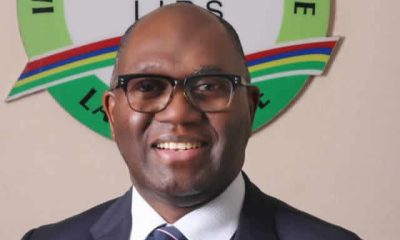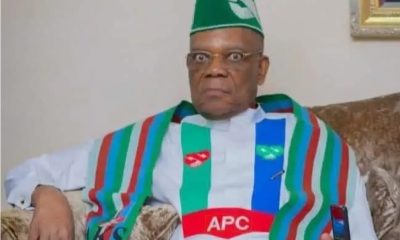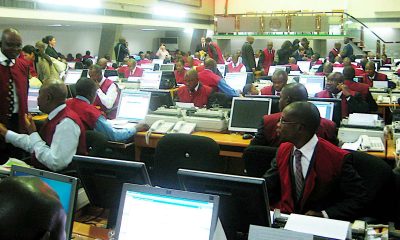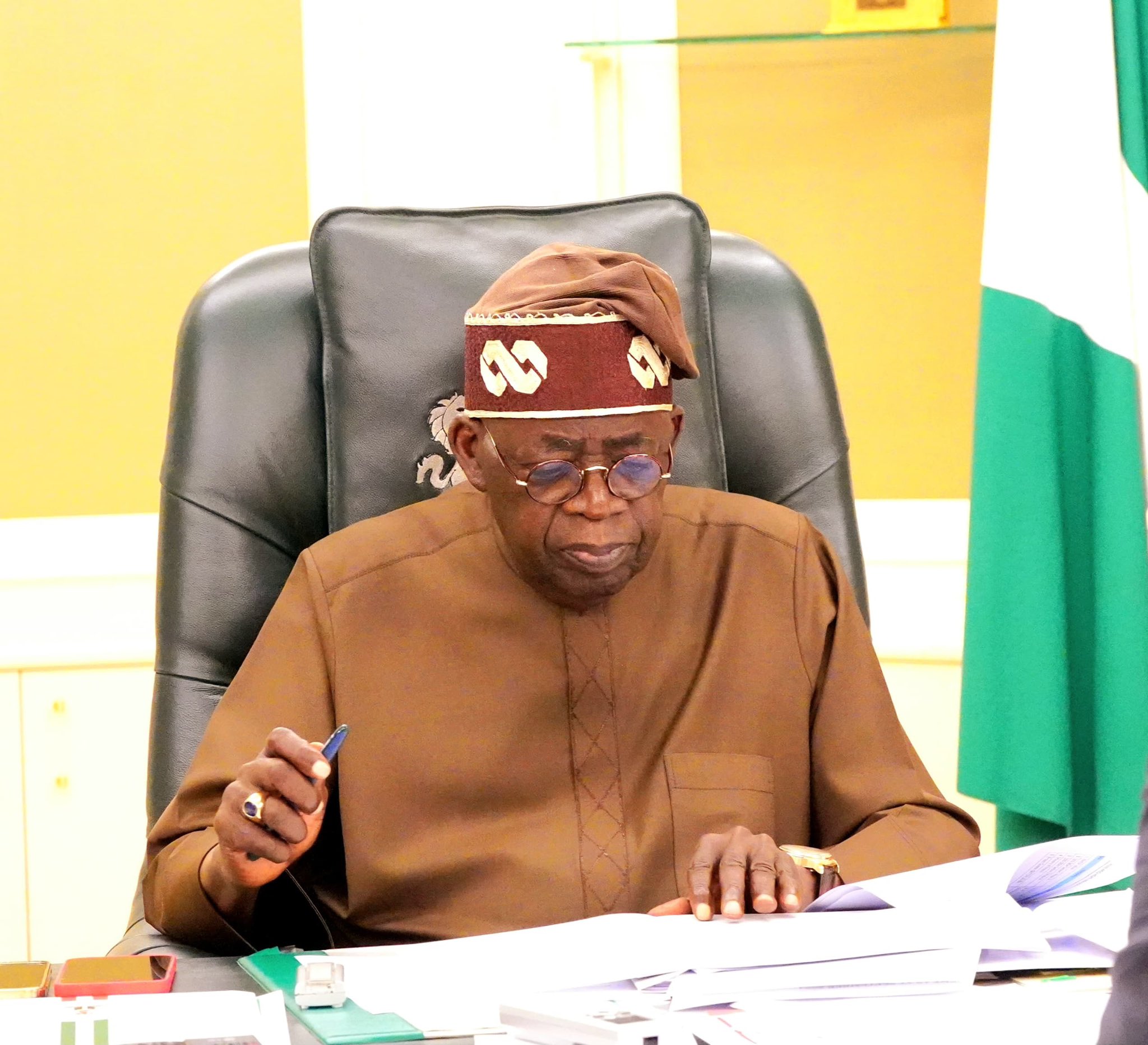In a recent critical analysis, Dr. Malcolm Fabiyi, a prominent Nigerian academic, argued that President Bola Tinubu’s administration has not met the high expectations set by his promises of economic transformation.
Fabiyi’s critique highlights the disparity between the economic successes attributed to Tinubu’s governance in Lagos and the challenges faced at the national level.
Nearly a year and a half into Tinubu’s presidency, Nigeria continues to grapple with significant economic pressures, including soaring inflation, widespread unemployment, and a currency that has depreciated by more than 100% since Tinubu took office.
Fabiyi recalls how Tinubu’s tenure as Lagos State governor was largely celebrated for achieving a substantial increase in Internally Generated Revenue (IGR), which grew from N13 billion in 1999 to N83 billion by 2007—a remarkable 500% increase.
This accomplishment, however, did not translate to similar economic growth within Lagos, a contrast Fabiyi points to in his critique. He asserts that replicating such tax collection successes does not address Nigeria’s fundamental issues, as the country needs an economic policy that goes beyond tax collection to actually stimulate growth.
According to Fabiyi, Lagos, with its bustling urban economy primarily driven by services, cannot be compared to Nigeria’s larger and more diverse economic landscape, where agriculture and industry dominate.
READ ALSO: Senator Abaribe critiques President Tinubu’s cabinet reshuffle, calls for fairness to South-East
He underscores that Lagos thrives due to a self-sustaining economy fueled by the entrepreneurial spirit of its residents. In Fabiyi’s view, the administration’s strategy to impose a “Lagos-style” tax revenue approach on Nigeria overlooks the broader structural issues, as national progress demands a focus on job creation, wealth generation, and comprehensive economic growth.
Fabiyi argues that the Tinubu administration’s approach to policy has lacked the strategic coherence needed to tackle Nigeria’s underlying economic problems.
From day one, he notes, policies have been impulsively introduced without adequate planning. A critical example is the administration’s focus on raising interest rates to curb inflation.
Since Tinubu took office, the Central Bank of Nigeria (CBN), now under Governor Yemi Cardoso, has increased the Monetary Policy Rate six times, resulting in a policy rate above 30%, in what Fabiyi describes as a “misguided” attempt to control inflation. He contends that these hikes have done little to curb inflation, which has risen by nearly 50%, and they have made credit prohibitively expensive, further stifling growth.
Fabiyi emphasizes that inflation in Nigeria is heavily influenced by factors beyond what conventional interest rate hikes can address, such as currency devaluation, food scarcity due to insecurity, and high import costs.
READ ALSO: Adebayo Shittu defends Tinubu’s 50-minister cabinet, calls for expanded governance
With much of the populace lacking disposable income for long-term savings, Fabiyi believes that the focus on interest rate adjustments fails to target the root causes of inflation, particularly the security issues impacting agricultural production and the devaluation of the naira.
The devaluation of the naira has been another point of contention. Fabiyi acknowledges that floating the naira—a policy intended to allow market forces to determine its value—was necessary, given Nigeria’s limited forex reserves.
However, he criticizes the administration for mishandling this policy, which has led to substantial economic pain.
With a depreciated naira fueling inflation and eroding purchasing power, Fabiyi urges the government to prioritize currency stabilization measures, as the volatility has placed additional strain on local businesses and households alike.
Fabiyi proposes that the government adopt decentralization to tackle the power deficit by delivering modular power units to local government areas.
By targeting 200,000 MW of new generation capacity over five years, the administration could increase power accessibility, lower production costs, and provide the much-needed boost for domestic manufacturing and job creation.
Dr. Fabiyi’s critique is not merely a call for government accountability but also a plea for structural changes that focus on stimulating economic growth beyond tax revenue.
His policy suggestions for restructuring energy, better coordinating fiscal and monetary policies, and stabilizing the naira indicate a need for the Tinubu administration to reevaluate its approach.
For Nigeria to escape its current economic challenges, Fabiyi asserts that the government must prioritize policies that empower local industry, reduce inflationary pressures, and address the country’s energy needs.
In his concluding remarks, Fabiyi reiterates that Lagos’ model, while successful in a limited scope, is insufficient to manage a nation with Nigeria’s complexities.
He urges the administration to embrace policies that address the unique challenges of the national economy, from agricultural productivity to industrial development, as these are the foundations upon which sustainable progress can be built.

 Latest1 week ago
Latest1 week ago
 Business1 week ago
Business1 week ago
 Latest1 week ago
Latest1 week ago
 Latest1 week ago
Latest1 week ago
 Business1 week ago
Business1 week ago
 Business1 week ago
Business1 week ago
 Football1 week ago
Football1 week ago
 Business1 week ago
Business1 week ago

